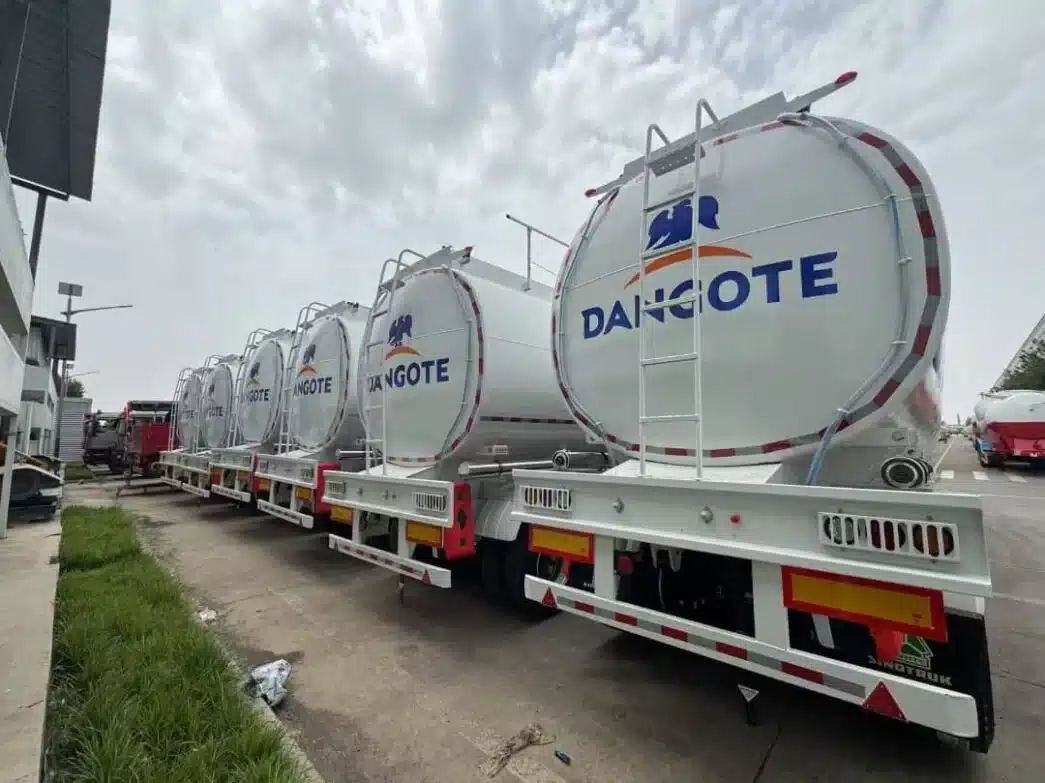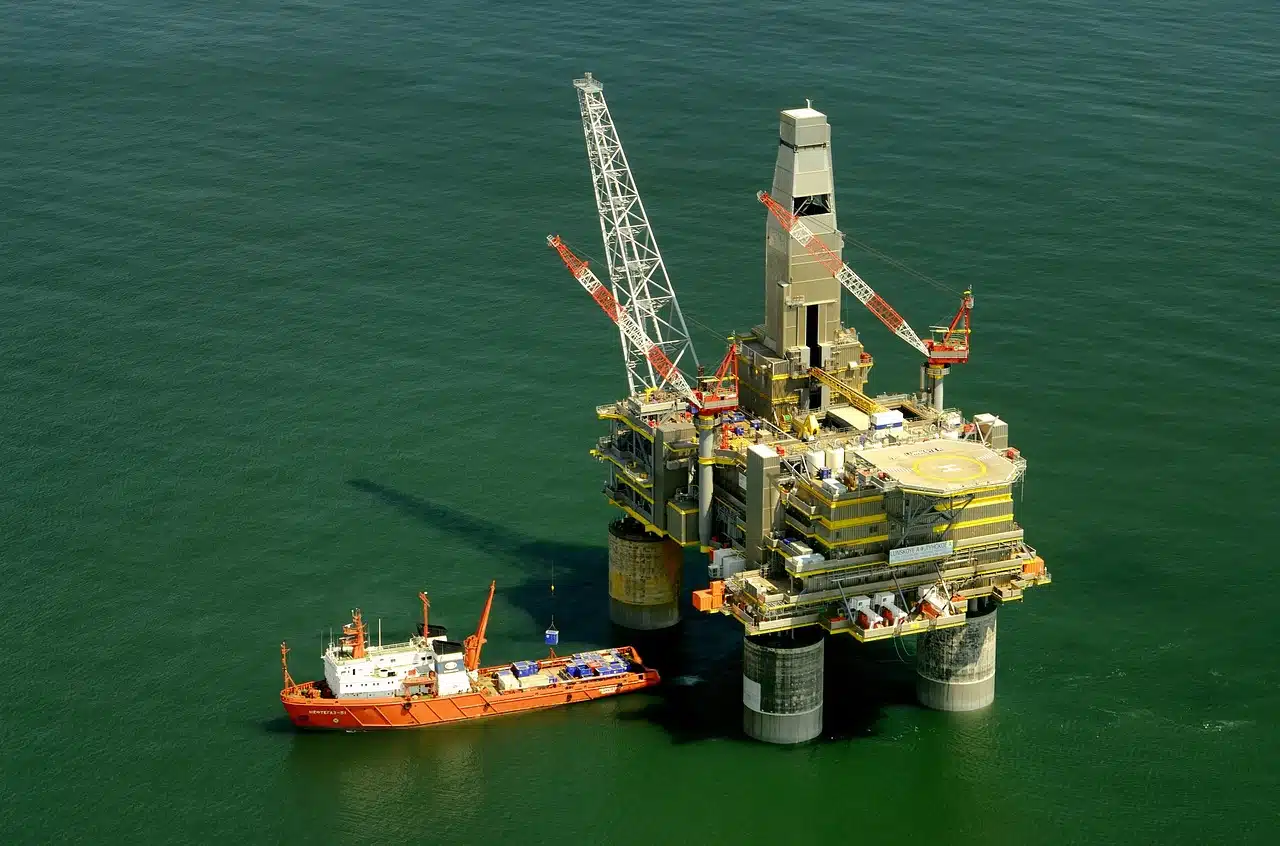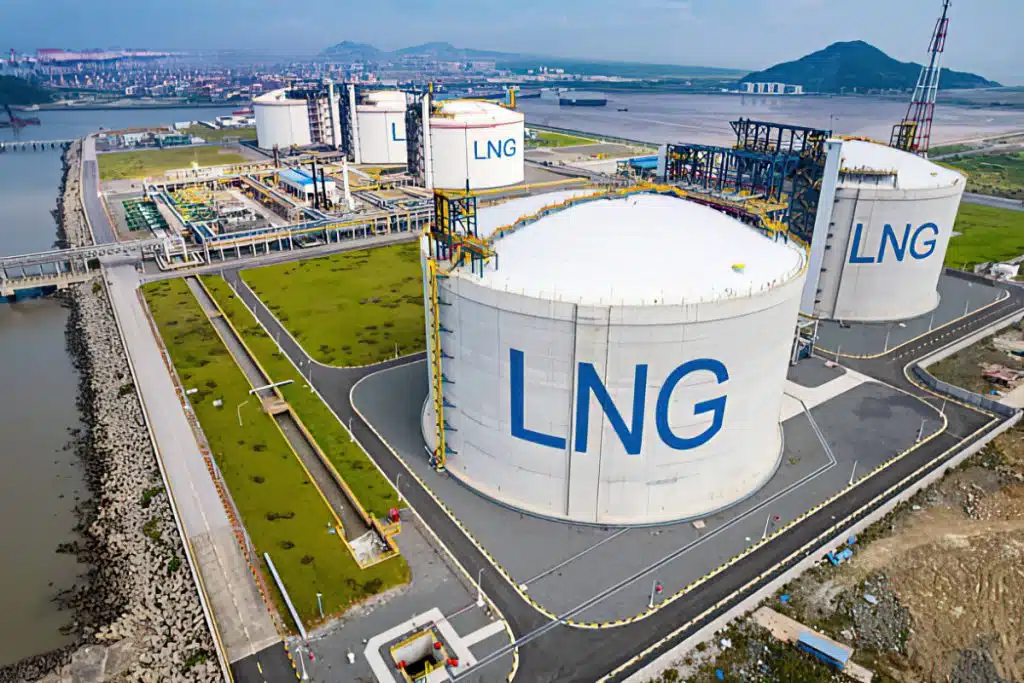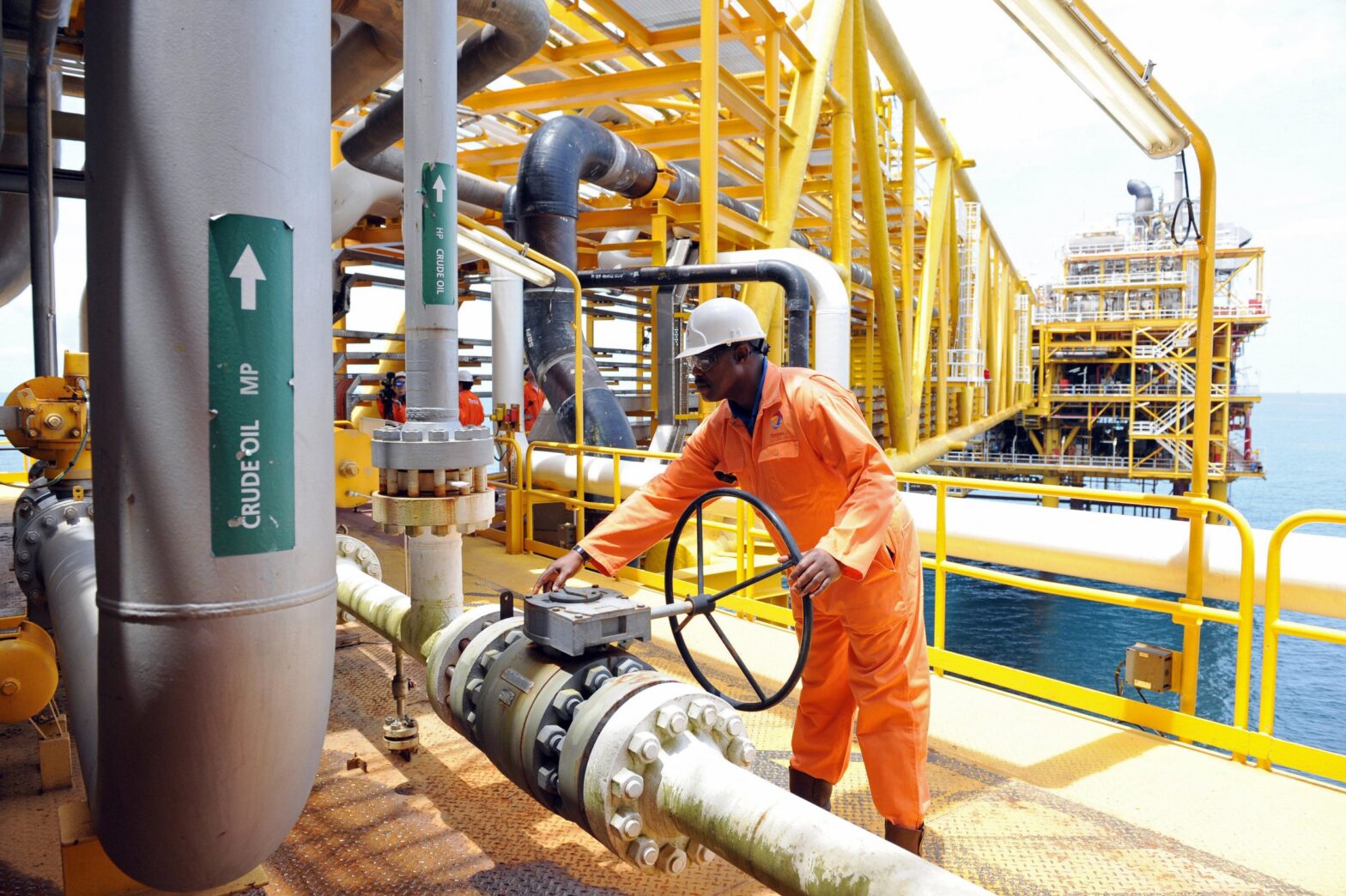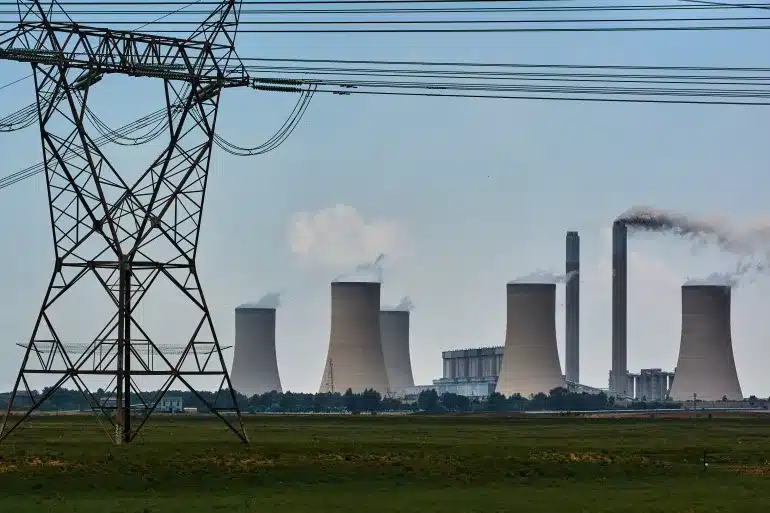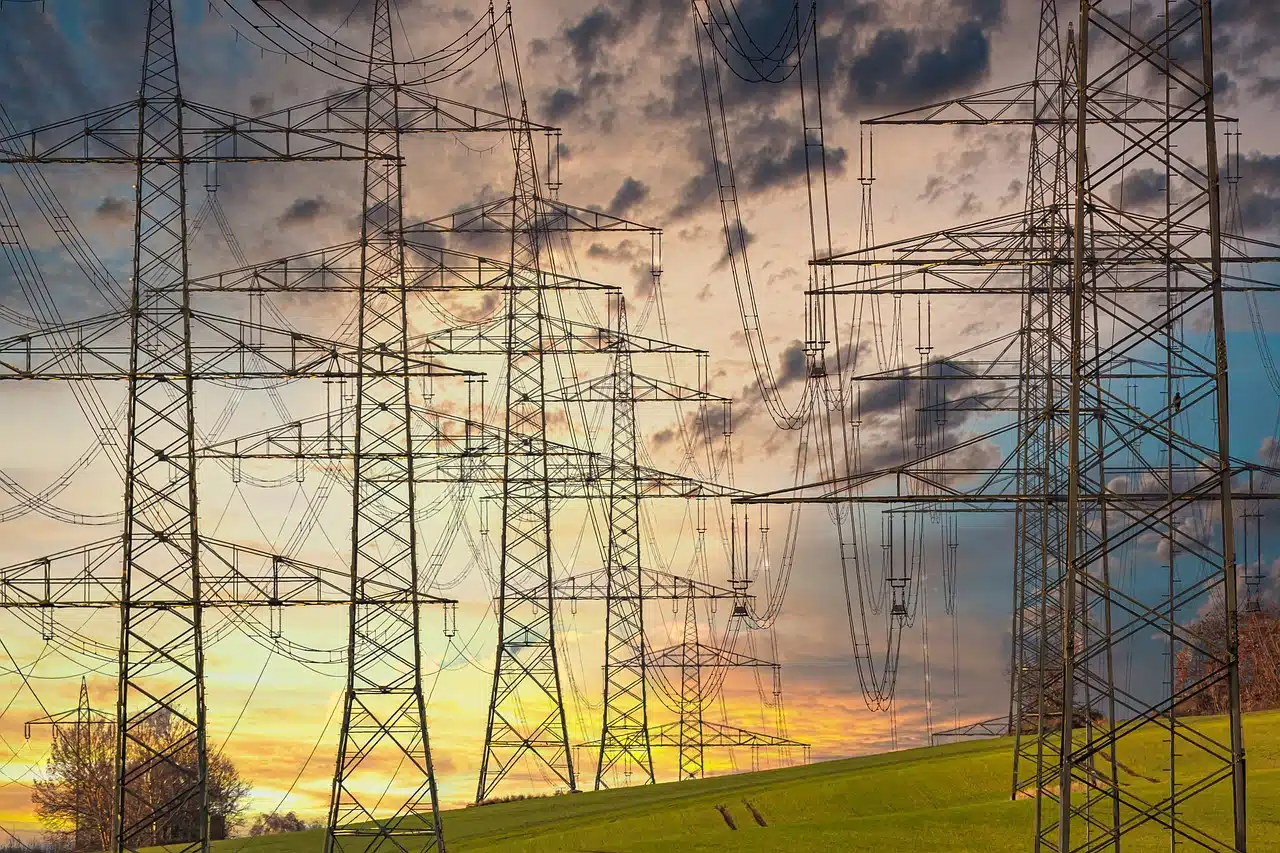The global oil market stands on the edge of heightened volatility as tensions in the Middle East escalate.
Last Friday Israel carried out a coordinated attack on Iran targeting its nuclear facilities, and a few hours later the oil markets smelt bullish when Tehran retaliated with tens of ballistic missile strikes.
The conflict between Iran, a major oil and gas producer in OPEC, and Israel (a key gas supplier to Egypt) threatens to disrupt key energy supply chains.
Several news sources have said that Israel has now made Iran its primary military concern, relegating Gaza to a secondary role.
For Africa, a continent heavily reliant on imported refined petroleum products, this geopolitical friction could have direct and immediate consequences on petrol prices at the pump.
We explore the full scope of how the ongoing Middle East tensions could push petrol prices higher across Africa, examining vital factors that need not be overlooked.
Surge in global crude oil prices
Heightened geopolitical tension in the Middle East has triggered a global oil price rally due to fears of supply disruptions.
As of Friday when Israel struck Iran, oil prices jumped by at least 8% to reach over $70 per barrel for the first time in six months.
Brent futures rose as high as $74.43 per barrel and WTI to $73.80 as traders reacted to geopolitical risks and potential disruptions to energy flows from the region.
This marked the sharpest single-day gain in oil prices since 2022 when Russia invaded Ukraine.
Furthermore, oil market analysts predict that retaliatory attacks from both Iran and Israel could push prices beyond $90–$100 per barrel in the short term.
Most African countries import refined petrol based on global crude prices.
So, rising crude oil prices mean higher petrol landing costs, increasing pump prices—especially in subsidy-free markets like Nigeria, Kenya, and Ghana.
This also applies to other African nations whose fuel supplies are highly vulnerable to fluctuations in global oil prices.
Africa’s dependence on fuel imports
Although Africa is rich in crude oil resources, the continent continues to rely heavily on imported petroleum products due to inadequate refining capacity.
Petrol and diesel account for the bulk of these imports, making African economies particularly vulnerable to global supply disruptions.
According to The Africa Report (October 2024), the continent imports between 2.5 and 3 million barrels per day (bpd) of refined petroleum products.
A key driver of this high import volume is the underperformance of domestic refineries.
A June 2022 Reuters report revealed that Sub-Saharan Africa’s refineries have a combined theoretical capacity of 1.36 million bpd, yet they operated at just 30% of that capacity.
Earlier, in 2021, the African Refiners & Distributors Association (ARDA) noted that refineries across 20 African countries were functioning at only 55% capacity on average.
While the recent commissioning of Nigeria’s 650,000 bpd Dangote Refinery has improved the region’s refining outlook, the facility is currently operating below 85% of capacity, and Africa still spends billions of dollars annually on fuel imports.
In this context, any spike in the cost of imported refined products—driven by Middle East tensions and supply shocks—will likely lead to petrol and diesel price surges across Africa’s fuel-dependent economies.
Increase in freight and insurance costs
In the wake of the tension, Iran has threatened to block the Strait of Hormuz—a narrow passage through which an estimated 15–20% of the world’s oil supply flows daily.
This adds further fear of disruptions for African countries that depend on the vital choke point for and the neighbouring Suez Canal their energy supplies.
Several oil-rich nations in the Gulf region export their oil through these routes.
Although Iran’s threat in the past to shut down Hormuz has never happened, even a partial closure could squeeze global supply by as much as 20 million barrels per day.
If it does happen this time, it will send shockwaves through oil-dependent economies.
Meanwhile, shipping through the Strait of Hormuz and the Suez Canal has already become:
- More expensive due to war risk premiums
- Subject to delays or rerouting
- Dependent on longer and costlier delivery paths
Since the continent relies on shipping routes that pass near or through the Middle East, freight and logistics costs will rise.
These costs are built into fuel prices at the wholesale level and ultimately reflected in retail prices at the pump.
Currency depreciation and FX pressures
Geopolitical shocks often lead to a stronger U.S. dollar as investors flee to safe-haven assets.
For African nations, oil imports are priced in US dollars while revenues are earned in local currencies.
While oil-producing countries like Nigeria, Angola, and Ghana will enjoy a windfall in export earnings, a weaker local currency implies higher effective import costs.
In the case of Nigeria, for instance, the current rally in oil prices is expected to give its troubled 2025 budget a breather.
The country’s $36.6 billion budget is predicated on a $75 per barrel oil price benchmark.
Until now, meeting that price mark seemed unlikely a few months ago when US President Trump rolled out a global tariff offensive.
Notwithstanding, even without direct supply cuts, countries like Nigeria, Zambia, and Kenya, which continue to face foreign exchange shortages, will see rising petrol prices due to currency-driven inflation on imported fuels.
In short, the continued tension in the Middle East has introduced a geopolitical risk premium to the global oil market.
This will cause many African countries that depend on petroleum supplies from the region or even elsewhere to upwardly review their landing costs, ultimately leading to higher prices at the pump.
That scenario, in fact, remains a matter of when, not if, as long as Middle East hostilities persist.
But Africa will be the most vulnerable to the situation given its outstanding energy deficit, weak local currencies, high dependence on imports and low refining capacity.



